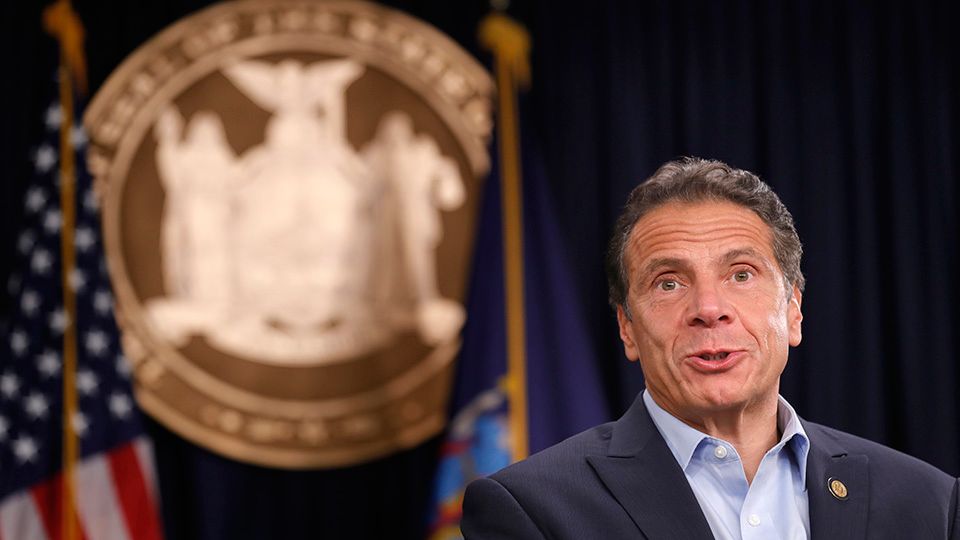Next year Governor Cuomo wants to once again limit a spending increase in the budget at 2 percent. But increasingly that's a difficult task.
Let's start with the good economic news: New York's unemployment rate last month stood at 3.9 percent. The state's main revenue generator, the personal income tax, has not slowed down much.
But here's the bad news: the state's Medicaid program could have a budget gap of $3 billion, a deficit the Cuomo administration blames on rising costs from the minimum wage, increased enrollment and an aging population.
David Friedfel of the Citizens Budget Commission says it could lead to cuts in spending.
“It's such a big chunk of money that most likely there will have to be cuts in Medicaid and potentially elsewhere in the budget,” Friedfel said. “The second biggest pot of money would be education aid.”
Complicating matters is Governor Andrew Cuomo's plan to once again cap a spending hike in the state budget at two percent, further limiting options.
“An actual two percent cap would have really significant impact on state spending, particularly given how Medicaid has grown over the last year, which really came as a surprise,” said Friedfel.
Michael Kink of the progressive group Strong Economy for All says capping spending can hurt the most vulnerable.
“We have a good health care program in New York that's under threat from this budget gap,” said Kink.
And that should lead to increasing taxes on the wealthy.
“Asking the super-rich to pay their fair share, looking at the wealth and fortunes of billionaires, those are good things to do at a time like this,” Kink said.
But increasing taxes, as the state grapples with a $10,000 cap on state and local tax deductions imposed by the federal government, is an option the governor says isn't on the table.
"Increasing taxes would really not be the smartest direction for the state to go in,” said Friedfel. "They would really have to curtail spending.
The governor's office plans to address structural issues in Medicaid when the state budget is proposed next year.



